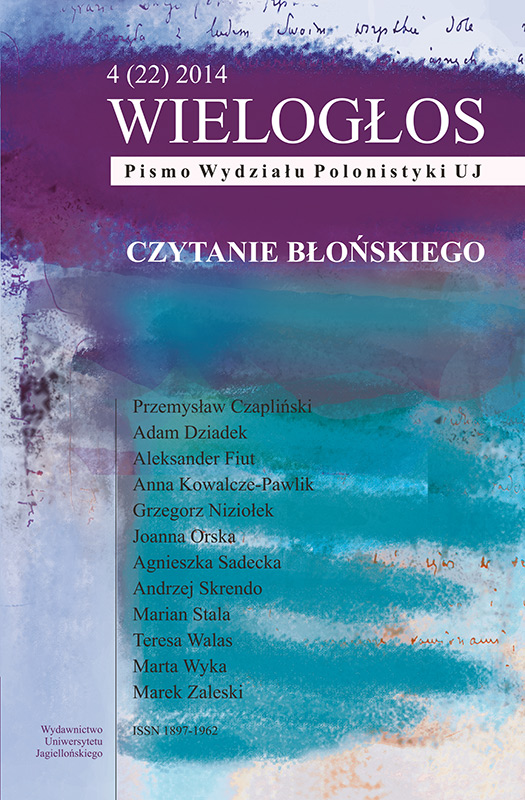“This place is now your home” – A Comparative View on Partition Migrants in a New City. Kamila Shamsie’s Kartography and Inga Iwasiów’s Bambino
“This place is now your home” – A Comparative View on Partition Migrants in a New City. Kamila Shamsie’s Kartography and Inga Iwasiów’s Bambino
Author(s): Agnieszka SadeckaSubject(s): Language and Literature Studies, Studies of Literature, Polish Literature
Published by: Wydawnictwo Uniwersytetu Jagiellońskiego
Keywords: forced migrations; displacement; identity; memory; Poland; Pakistan; “Regained Territories”; 1947 Indian Partition
Summary/Abstract: The goal of the article is the comparison between the condition of Polish and Pakistani migrants, forcedly resettled on new territories in 1940s, depicted in fictional narratives of two women writers. Both Central Europe and the Indian Subcontinent witnessed violent conflicts leading to changes of borders and large-scale migrations. Following the ravages of the Second World War, in 1945 Poland lost a considerable part of its pre-war territory, and acquired the formerly German regions to its West, labelled by the communist authorities as the “Regained Lands”. Poles who lost their homes in the Eastern territories were allocated the former German houses in the West. Just two years later, in 1947, the former British India was divided into India and Pakistan, and religious tensions became even more acute. As a result, millions of people previously living intermixed would now be forced to migrate – Hindus to India, and Muslims to Pakistan. In order to illustrate the fate of individuals taking part in these historical transformations, the article discusses two narratives of displacement and forced settlement on a new territory. These two stories originate from Inga Iwasiów’s novel “Bambino”, and Kamila Shamsie’s novel “Kartography”. Both authors present their protagonists with exceptional empathy, whether they are young people rebuilding their lives in the postwar Szczecin, or teenage lovers from Karachi, dealing with their parents’ traumas and their own quest for identity. In both these contexts, the key question is how to reconstruct one’s own identity in a new place, with the burden of tragic experiences still fresh in one’s memory?
Journal: Wielogłos
- Issue Year: 2014
- Issue No: 22
- Page Range: 79-104
- Page Count: 26
- Language: English

